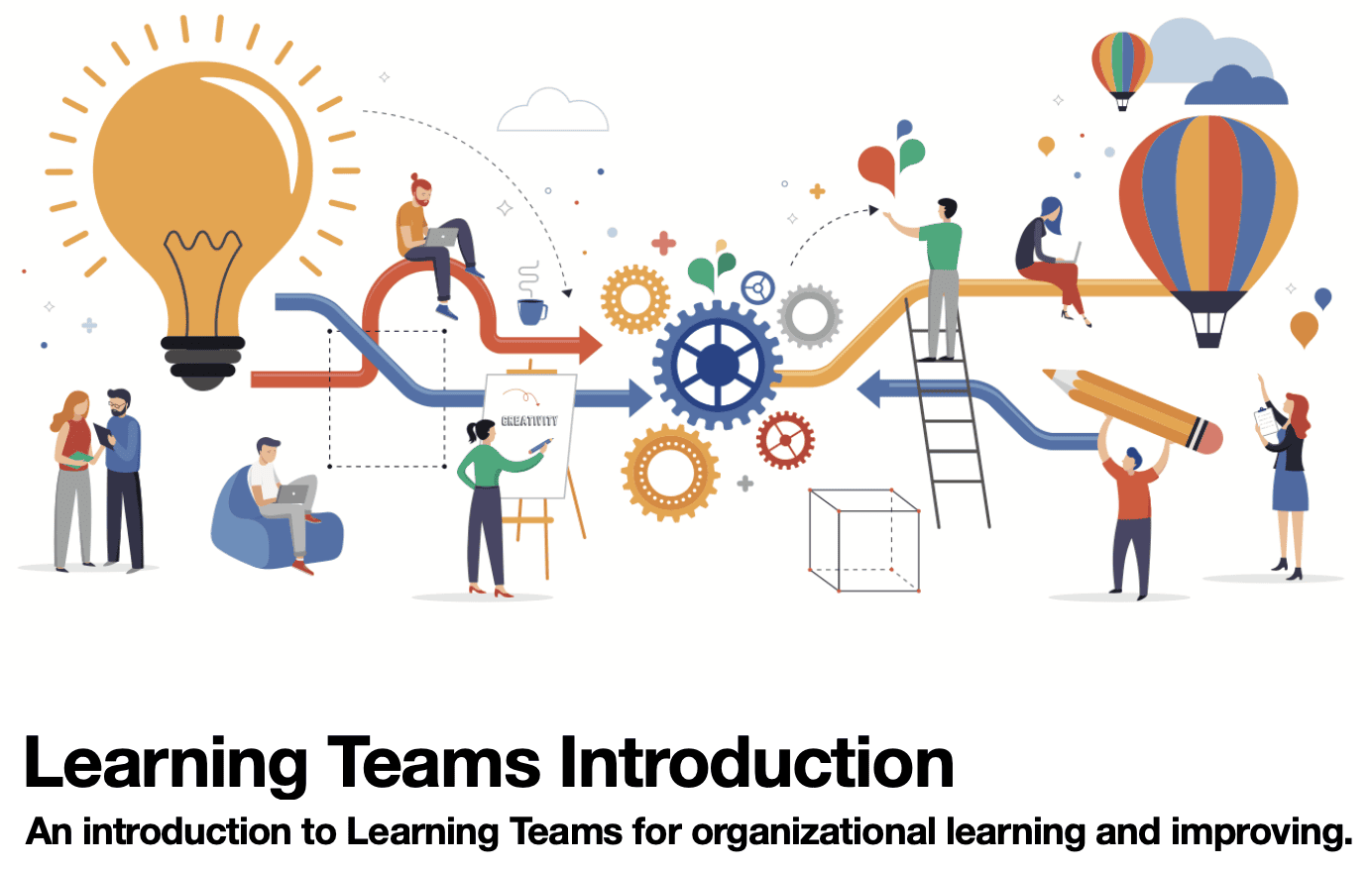Learning Team Principles
When do learning opportunities exist

Everyday Learning Teams©
Using Learning Teams to understand everyday successful and safe work.
Being able to undertake intelligence gathering is different from the conventional methods of gaining information from organisational interventions such as safety walks, safety observations, audits, reviews etc.
Traditional methods of gathering information place focus on the opportunity for finding things that could go wrong rather than understanding the difference between successful and unsuccessful work.

Event Learning Teams©
Using Learning Teams to learn and improve from events for both Workers and the Organisation.
Learning after an incident:
- Tells the story as each person saw the event
- Tells the story of complexity
- Tells the story of normal variability and coupling
- Tells the story of how work gets done
- Improves our understanding of processes and the system.

Periodic Learning Teams©
Using Learning Teams for management of change that could affect worker safety.
Whilst Event Learning Teams is a reactive approach to a change in the organisation, Management of Change or Periodic Learning Teams is a proactive approach to change.
Change management acts as a form of assurance and verification to ensure that organisation changes do not negatively affect how risks and hazards are managed.
Understanding what could go wrong will help you to plan your changes so that you retain control of negative impacts and prevent you from dealing with unnecessary troubles as you learn and improve.







